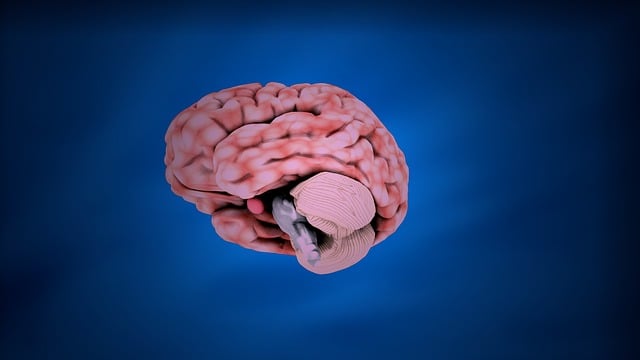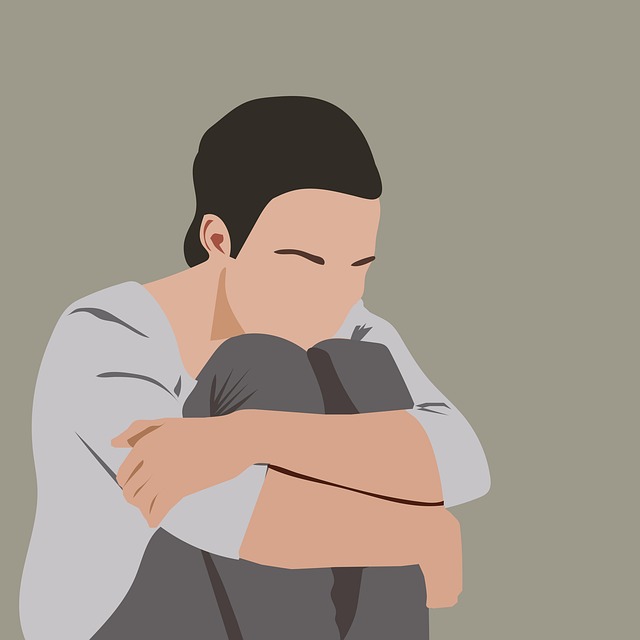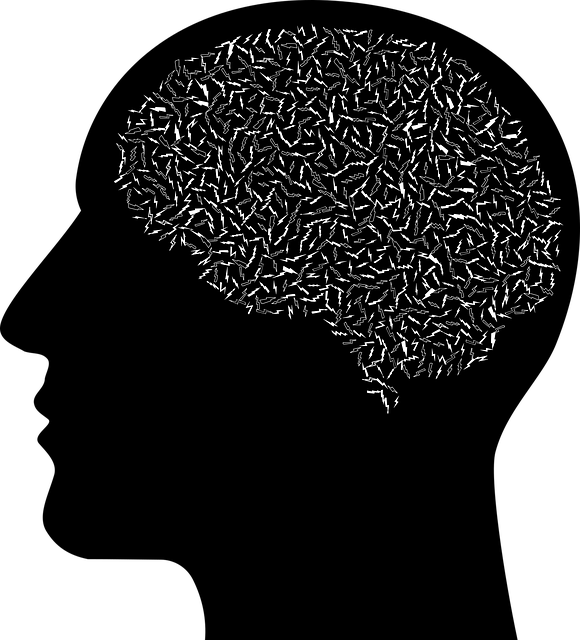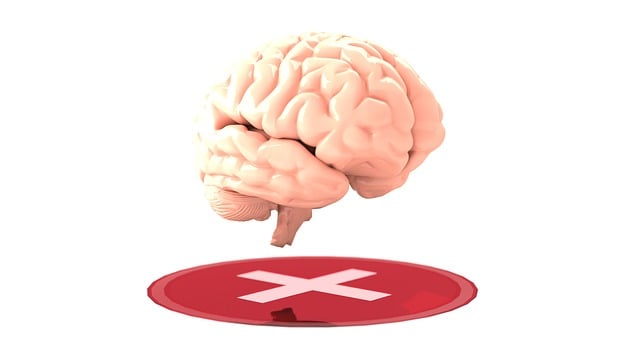Lone Tree Eating Disorders Therapy focuses on mastering mood regulation as a key component of recovery for eating disorders like anorexia and bulimia. They employ evidence-based approaches including mindfulness meditation, social skills training, cognitive behavioral therapy (CBT), and community outreach programs to enhance emotional well-being. With a holistic approach that includes risk assessments, tailored treatment, burnout prevention strategies, and crisis intervention, Lone Tree Eating Disorders Therapy empowers individuals to manage their moods effectively and improve their quality of life.
Mood regulation is a vital skill for maintaining emotional well-being. In this article, we explore various strategies to manage and enhance your mood, focusing on techniques that can be effectively implemented in daily life. From understanding the significance of mood regulation to common practices and the crucial role of therapy, we provide insights backed by experts from Lone Tree Eating Disorders Therapy. Discover practical tips to navigate emotional challenges and foster a healthier, happier mindset.
- Understanding Mood Regulation and Its Significance
- Common Strategies for Effective Mood Management
- The Role of Therapy in Treating Mood Disorders
- Nurturing Emotional Well-being: Tips from Lone Tree Eating Disorders Therapy
Understanding Mood Regulation and Its Significance

Understanding mood regulation is paramount for overall well-being, especially for individuals navigating mental health challenges like eating disorders. Mood regulation strategies equip people with the tools to manage and stabilize their emotions, preventing extreme shifts that can exacerbate conditions such as anorexia nervosa or bulimia. It’s a process of recognizing and responding to one’s feelings in adaptive ways, fostering resilience and enhancing quality of life.
Lone Tree Eating Disorders Therapy emphasizes the importance of this process, offering evidence-based approaches like mindfulness meditation and social skills training. These techniques empower clients to develop self-awareness, manage stress, and improve communication—crucial components for recovery. Moreover, healthcare provider cultural competency training plays a vital role in ensuring sensitive and effective treatment, tailored to each individual’s unique needs and background.
Common Strategies for Effective Mood Management

Managing one’s mood is a crucial aspect of overall well-being, and various strategies can help individuals effectively regulate their emotional states. One popular approach involves therapy sessions with professionals specialised in eating disorders, such as Lone Tree Eating Disorders Therapy. These therapists employ evidence-based techniques to support clients in understanding and modifying unhelpful thinking patterns and behaviours associated with mood disturbances. Cognitive-behavioural therapy (CBT), for instance, is a widely recognised method that helps individuals identify and change negative thought processes, thereby improving their emotional responses.
Additionally, community outreach programs have proven effective in promoting mental health awareness and providing early intervention services. Such initiatives often include educational workshops, support groups, and trauma support services tailored to diverse communities. Conducting regular risk assessments for at-risk individuals is also essential, as it enables professionals to offer appropriate guidance and care. By combining individual therapy with community outreach, a holistic approach to mood regulation can be achieved, fostering resilience and enhancing overall mental health.
The Role of Therapy in Treating Mood Disorders

Therapy plays a pivotal role in treating mood disorders, offering a safe space for individuals to explore and understand their emotional landscapes. Lone Tree Eating Disorders Therapy, among other specialized practices, employs evidence-based approaches to help clients develop effective coping strategies. These therapeutic interventions focus on identifying and modifying unhealthy thought patterns and behaviors associated with mood disorders such as depression and anxiety.
Through techniques like cognitive behavioral therapy (CBT), individuals learn to recognize triggers and implement stress reduction methods to manage their emotions more effectively. Over time, this fosters emotional regulation, enhancing mental wellness and overall resilience. Lone Tree Eating Disorders Therapy tailors its approach to meet the unique needs of each client, providing personalized support for a transformative journey towards better mood regulation and improved quality of life.
Nurturing Emotional Well-being: Tips from Lone Tree Eating Disorders Therapy

Nurturing emotional well-being is a cornerstone of Lone Tree Eating Disorders Therapy’s approach to holistic healing. They emphasize the importance of self-care practices in managing mood and preventing burnout, especially within the context of demanding professions like healthcare. By integrating burnout prevention strategies for healthcare providers into daily routines, individuals can cultivate resilience and maintain emotional balance. This includes setting boundaries, engaging in regular physical activity, and cultivating mindfulness practices to stay grounded and centered amidst life’s challenges.
Beyond individual practice, Lone Tree Eating Disorders Therapy promotes community outreach program implementation as a powerful tool for emotional support. Fostering connections with like-minded individuals through group therapy sessions or community events can provide a sense of belonging and collective resilience. Additionally, they offer crisis intervention guidance tailored to address sudden emotional distress, ensuring individuals have access to immediate support when navigating difficult situations.
Mood regulation is a vital aspect of emotional well-being, and understanding various strategies can empower individuals to manage their mental state effectively. From common techniques like mindfulness and exercise to professional therapy options, there are numerous paths to achieving balance. Lone Tree Eating Disorders Therapy emphasizes the importance of nurturing emotional health, offering tailored tips for a holistic approach. By combining self-care practices with therapeutic support, one can navigate mood disorders and foster lasting positivity.












